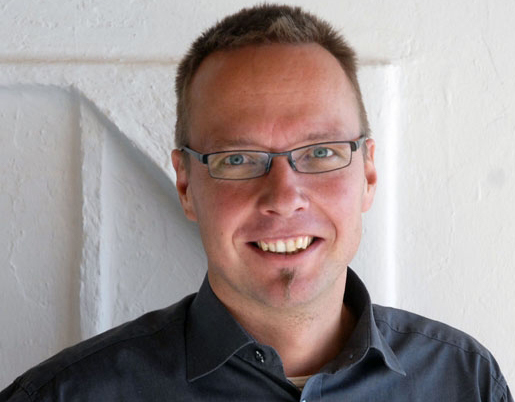News & Press
Ingo Krossing Appointed as a Member of the Leopoldina
The Freiburg chemist and livMatS member receives this honor in recognition of his scientific achievements

Prof. Dr. Ingo Krossing from the Institute of Inorganic and Analytical Chemistry at the University of Freiburg was elected a new member of the National Academy of Sciences Leopoldina in recognition of his scientific achievements. The Leopoldina scientifically reviews and addresses key issues of prospective significance for society. The Academy operates irrespective of political and economic objectives. Its findings are conveyed to policy makers and the public alike, and nationally and internationally advocated.
“The admission to the Leopoldina makes me very proud and shows that the way our group advocates, to investigate ionic systems in their entirety from the basics to the application and back, is seen as convincing,” says Krossing.
Krossing has been head of the Chair of Molecular and Coordination Chemistry at the Institute of Inorganic and Analytical Chemistry at the University of Freiburg since 2006. As a member of the excellence cluster Living, Adaptive and Energy-autonomous Materials Systems (livMatS), the chemist researches a special class of ions, the so-called weakly coordinating anions, which hardly interact with their counterions or other molecules and thus enable access to certain chemical compounds or systems. The ionic systems developed by Krossing can be used in ionic liquids or battery electrolytes. In the context of livMatS, they are to be used in energy systems that capture solar energy and store it electrochemically in one single unit. As a more robust alternative, they could replace the current combination of solar cell and battery. Krossing is also a member of the Freiburg Materials Research Center (FMF) and the Freiburg Center for Interactive Materials and Bioinspired Technologies (FIT).
The National Academy of Sciences Leopoldina brings together researchers with special expertise in their respective fields. The approximately 1,600 Academy members come from over 30 countries. Scientists are elected to the Academy in a multi-stage selection process. The criteria for acceptance are outstanding scientific achievements.
More Information on the Leopoldina
